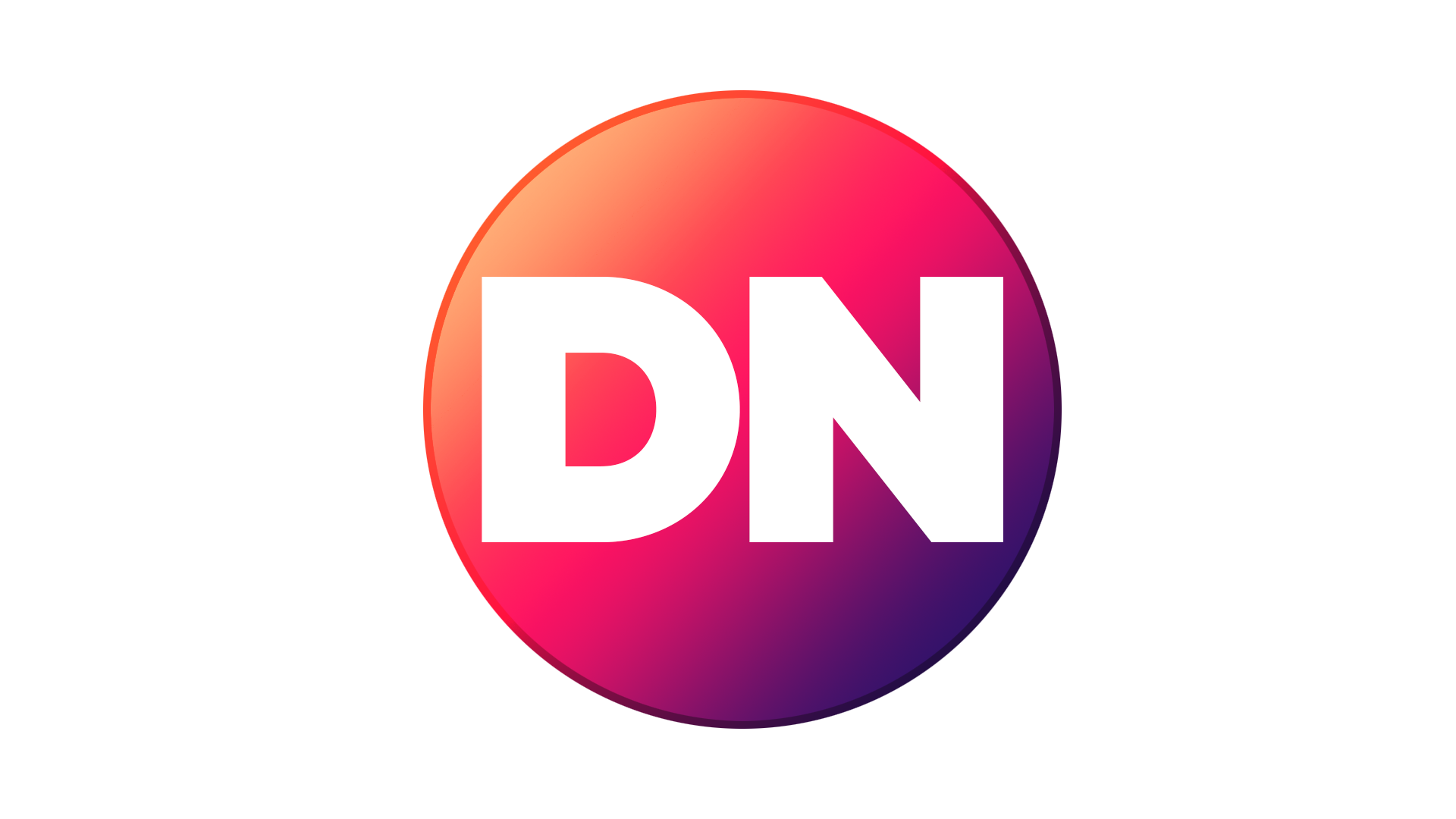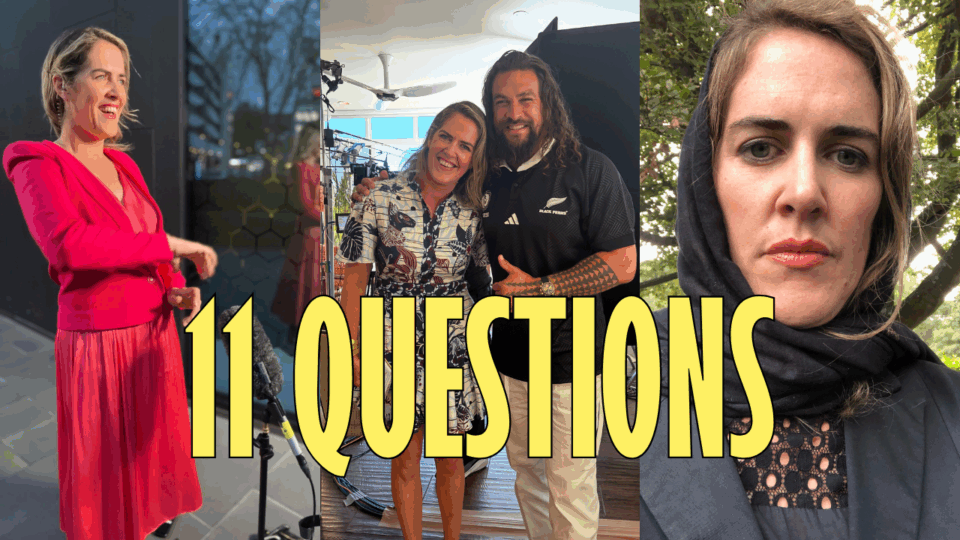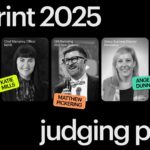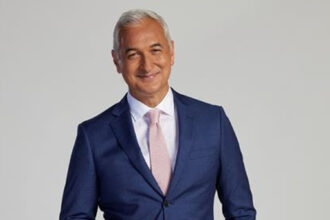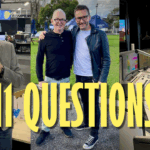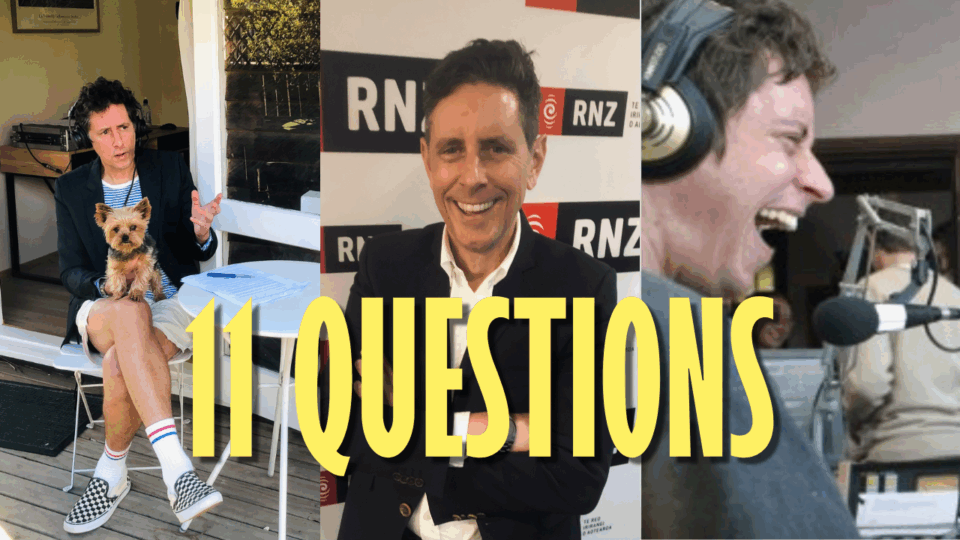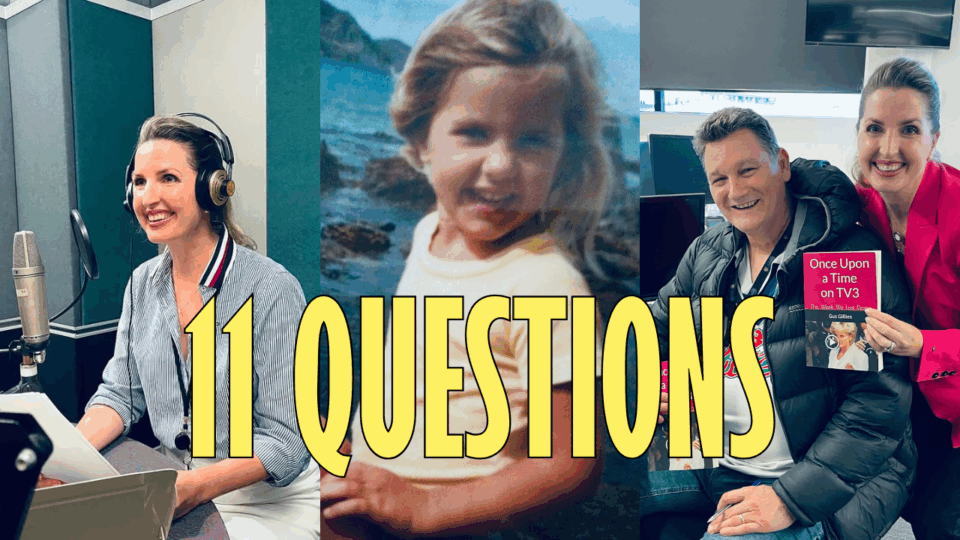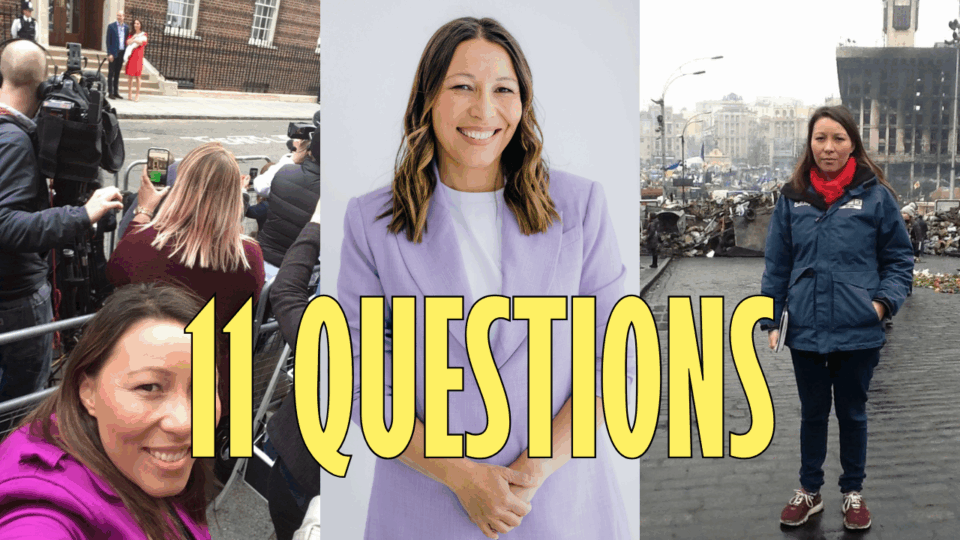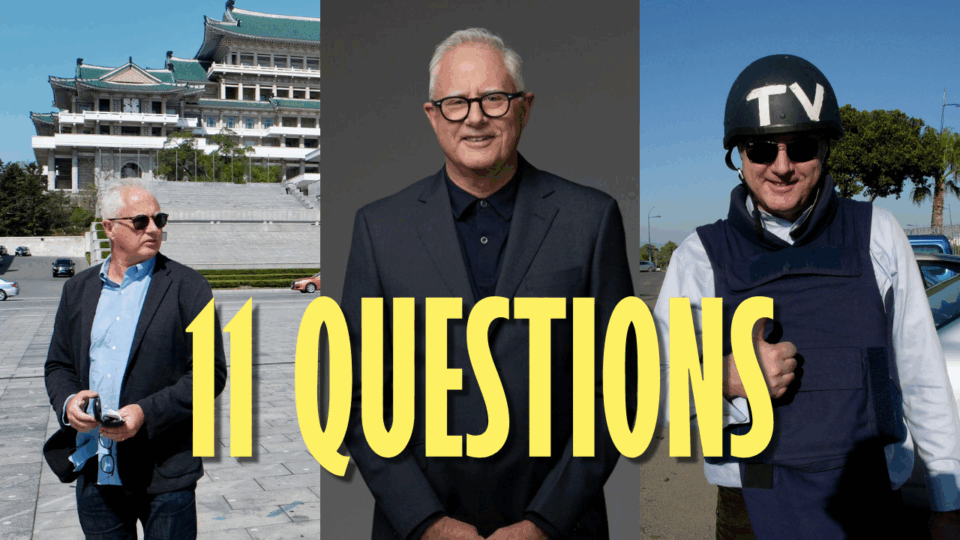This week’s 11 Questions guest is journalist Juliet Speedy, a familiar face from Newshub who has spent much of her career covering some of the country’s biggest stories. Growing up in a news-obsessed household, she was destined for media from an early age and has carried that passion through to today.
In the interview, Juliet talks about her admiration for colleagues and international journalists, the moments that have stayed with her – from covering the Christchurch mosque attacks to witnessing survivors’ bravery in court – and her eclectic mix of interests, from skiing and cooking to music that ranges from Coldplay to Beethoven. She also reflects on the challenges facing the media industry, her hopes for its future, and how she sees AI fitting into journalism.
When did you first become interested in media, and why?
From a very young age. My parents are both news hounds, so my three older sisters and I grew up talking, listening, and watching all things news. My flatmates at uni used to give me grief for “always listening to talkback,” but it was actually RNZ.
Who are some people you admire or look up to as role models, either in your career or in life in general?
I admire our entire Three News team (and by entire, it’s not huge). They’re some of the hardest-working, most talented people you could meet, striving every day to put out the best bulletin they can. They’re also all great people.
I also look up to my brother-in-law, Corin Dann. He has a fierce commitment to journalism and is a brilliant, inspiring interviewer.
I admire Clarissa Ward, CNN’s chief international correspondent – she’s an incredible journalist who juggles that with raising three young children, which is very inspirational to me.
And of course, I admire my mum.
It’s an old question, but I love it: If you were to invite four people to dinner (living or dead), who would you choose and why?
I’d invite William Shakespeare because he’s still one of the greatest storytellers the world has ever seen.
Taylor Swift – although I’m not technically a Swiftie, I love that she’s a modern pop sensation and a gutsy feminist that my 13-year-old daughter can look up to.
Volodymyr Zelensky – I’d want his three-shiraz-deep dinner-party chat with his real thoughts on Trump, Putin, et al. Plus, he’s a comedian, so we’d get both political dirt and comedy at the table.
Jason Momoa – because he’s so cool, very lovely, and he’s doing good things with his talent.
I think this could possibly be the strangest dinner-party combo the world has ever seen.
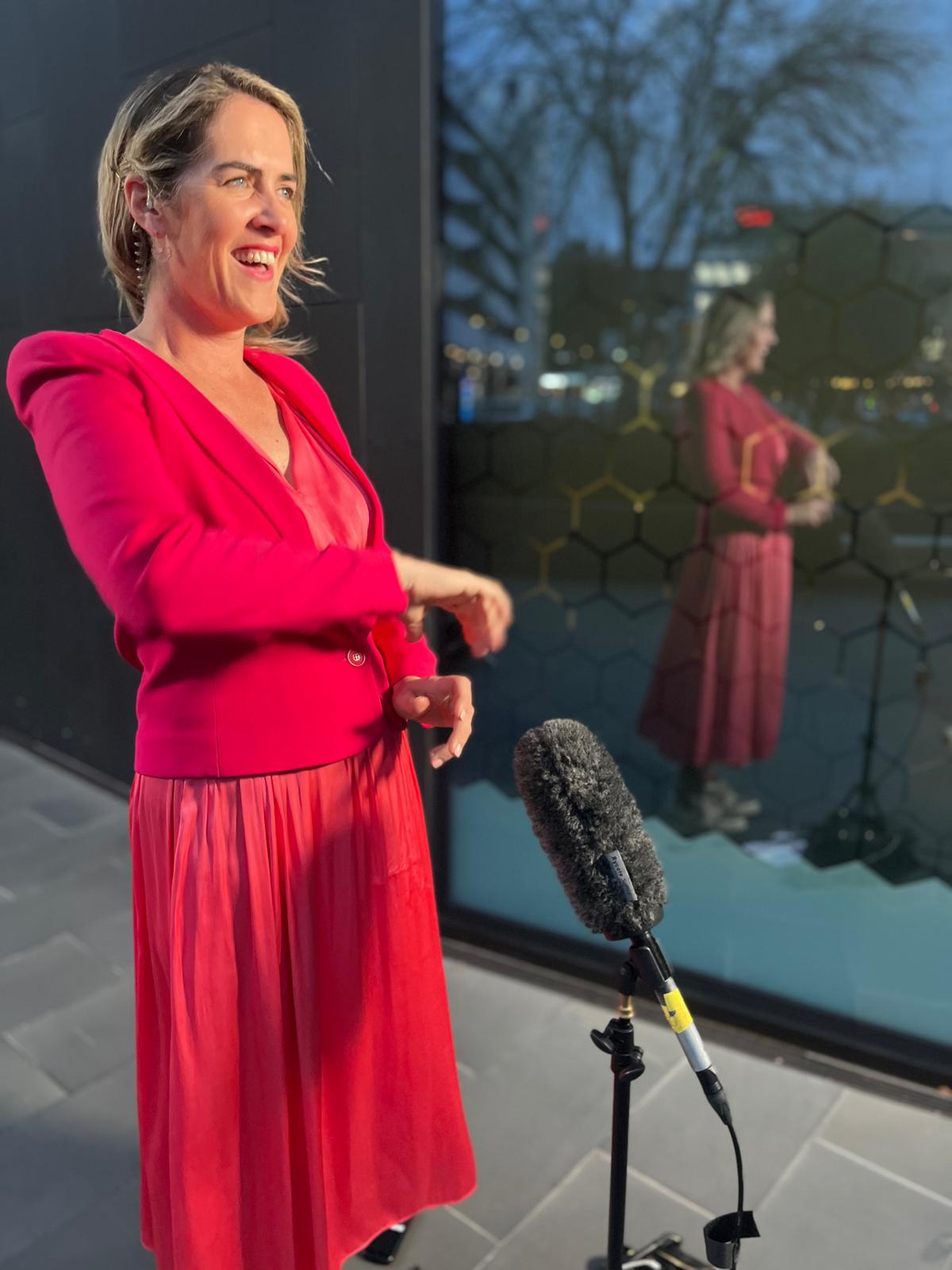
What is a memory from your career so far that will stick with you well after you retire?
There are two, and they both relate to the immense strength humans are capable of.
The first is the day Al Noor Mosque re-opened just a few days after the March 15 massacre. Authorities worked quickly to open the doors so people could gather again.
It was a Saturday, and I went down to cover it as survivors and members of the Muslim community returned for the first time since the horror. Some were even retrieving their cars that had been left there on the day of the attack.
It was my first time meeting many of them and hearing stories of unimaginable trauma. Yet from that day, and in the years since, I have never seen any hatred from this community. Their strength has been nothing short of extraordinary. Witnessing it gave me a new understanding of what deep faith can give people as we walk through this tough life.
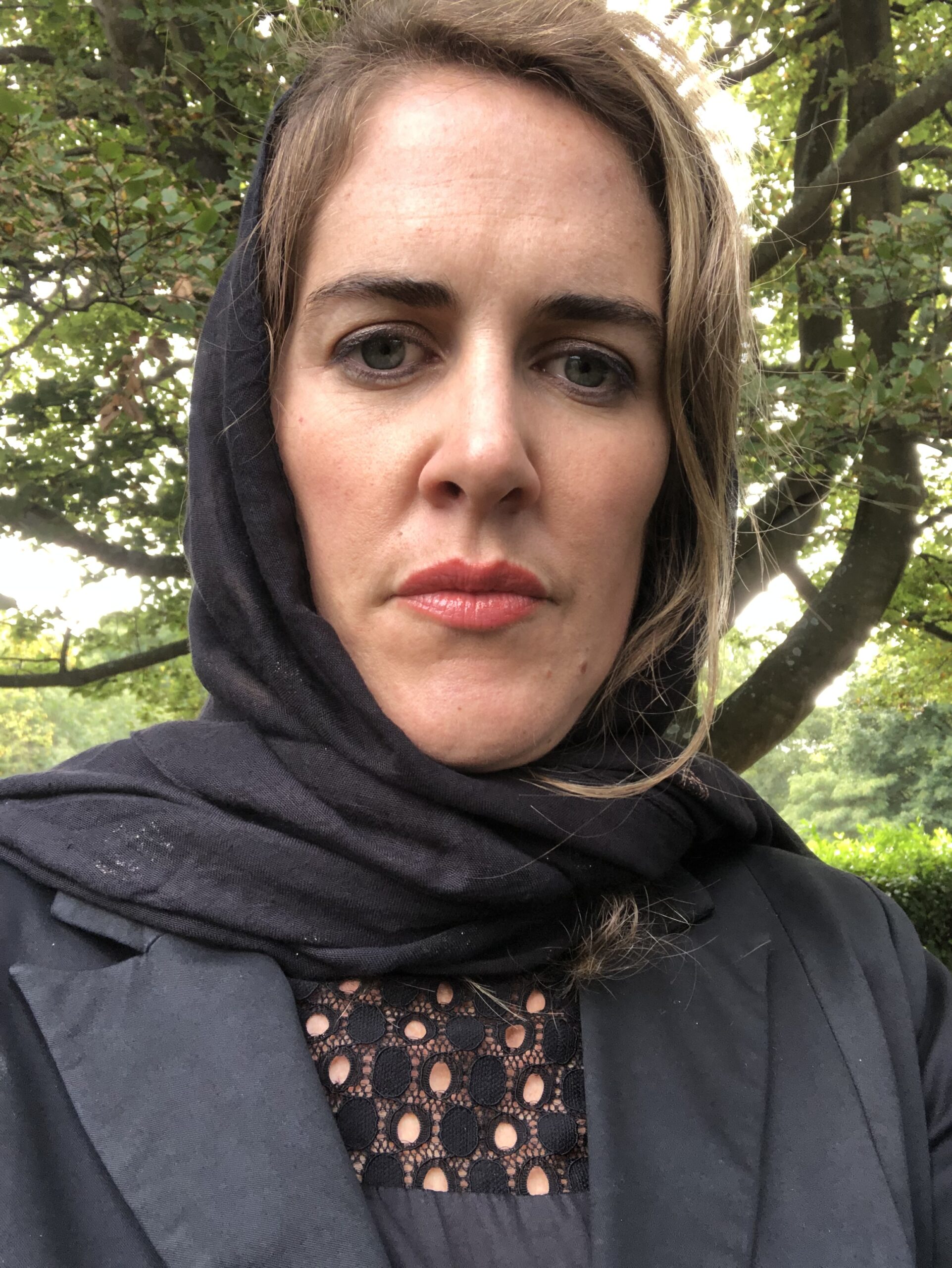
The second memory is from the 2009 rape and murder trial of convicted killer Liam Reid.
Reid murdered and raped a young deaf woman in Christchurch named Emma Agnew, and brutally raped another woman in Dunedin who managed to escape by fighting him off. She was a young university student at the very start of adulthood, walking home that night when she was dragged into a long period of hell.
During the trial, she gave evidence from behind a screen, recounting in detail the horrific attack and attempted murder. She told the court that as she lay there at the end of the assault, slipping in and out of consciousness, she suddenly thought: I’m not going to die this way. She then fought him off and ran for her life.
Her strength was inspirational. When she finished her evidence, the screen was pulled back so she could identify Reid. She looked him straight in the eye, and in that single moment, she took all the power back.
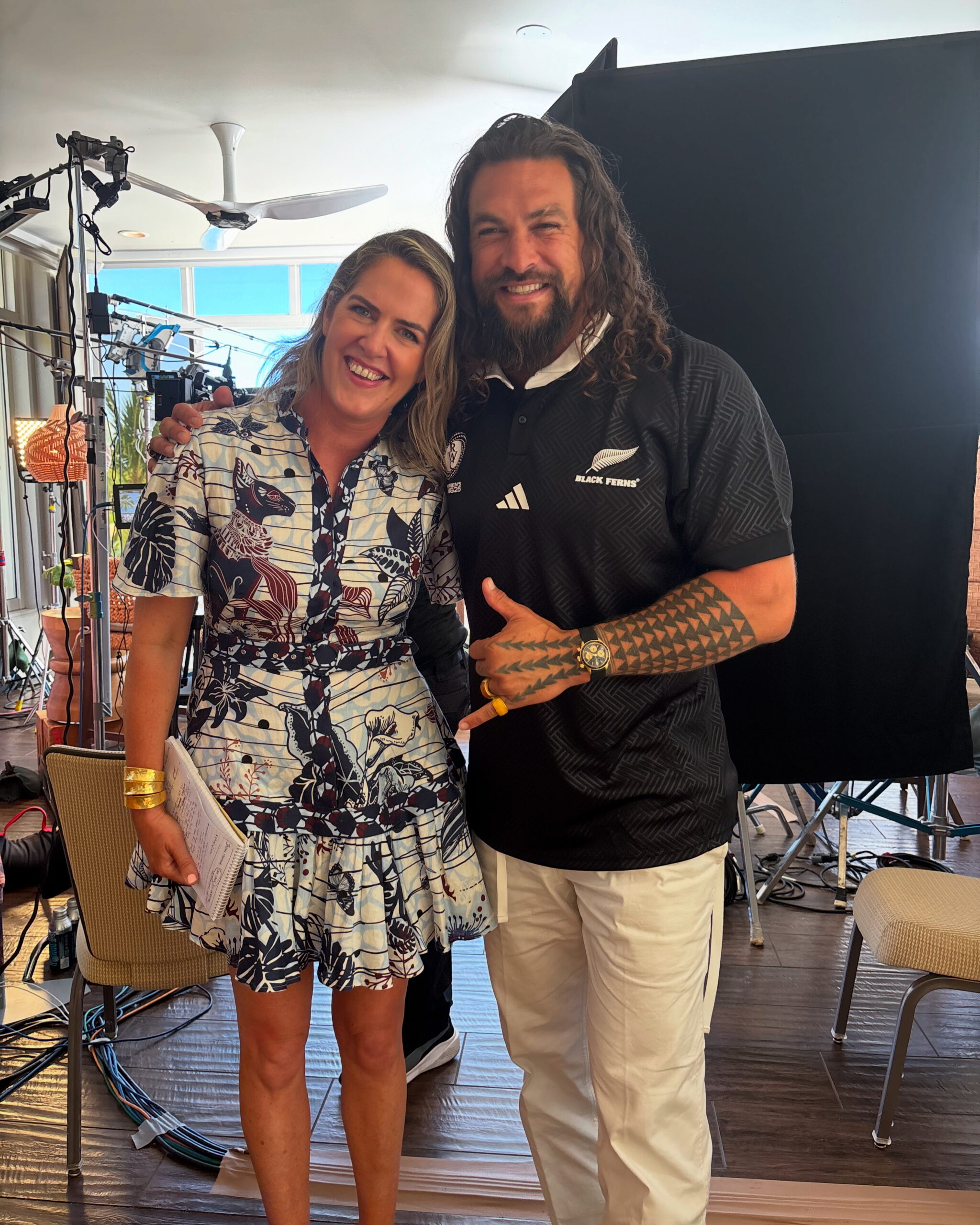
Tell us some of your interests outside of work.
Skiing is my favourite thing to do in the whole world. Being at the top of the Alps and skiing down the mountain feels like therapy to me. I also love to read, cook, go to a good film by myself, and spend time with my three kids, my friends, and my family.
What is your favourite movie and television show? (I’ll allow you to choose a runner-up for both… just to be nice.)
Impossible, but I’ll go with:
Movie: Touching the Void
Runner-up: Dirty Dancing. I’ve grown up wanting some handsome, kind man to say to me: “Nobody puts Baby in the corner.” (It’s not too late, people!)
TV: Breaking Bad was the first TV series that showed me how addictive a show could be. I gave birth to my third child before I finished it and was desperate to get home from the hospital to keep watching!
Runner-up: Chief of War is a must-see.
What are some of your most played songs?
I have the most eclectic music taste — I listen to classical, jazz, and pop in any given hour! So, on repeat may be:
All My Love (Coldplay)
The Only Living Boy in New York (Simon & Garfunkel)
Concerto No. 5 in E-flat Major (Beethoven)
Give us a random fact that people may not know about you.
My career started in Westport, at the Westport News/Coast FM. My salary was $30,000 a year, but it was so cheap to live that I saved enough while working there for my next move to London.
A couple of harder ones. How would you describe the state of the media industry both locally and internationally at the moment, and do you have any suggestions about how things need to change?
There isn’t enough room here for my full answer, as I have many, many thoughts on it.
The media is in a tough spot, and there are many people far higher up the food chain than me currently trying to figure out a more sustainable future for the industry.
All I know is we need good brains with vision and innovation to get us where we need to go. Bringing broadcast and digital journalism together as one entity is key. I want to see news websites that combine live rolling coverage in a small video box alongside strong still photography, beautifully written digital features, and the daily breaking news stories people rely on.
I also highly recommend getting a newspaper delivered to your house. I’ve recently signed up for The Press and Sunday Star Times, and there is so much great local journalism that people are missing out on. Plus, who doesn’t love a crossword?
Where do you see AI fitting into a modern media industry? What do you personally see as the advantages and disadvantages of its use?
AI is incredible and, if used well, it can open up many opportunities and time-saving measures for our industry. I use it a lot. But AI’s writing is also very uninspiring (and obviously AI), and it gets many facts wrong — which I hope will give rise to more credible journalism and great writing by humans, rather than less of it.
Who from the industry would you like to see answering these eleven questions?
Lisa Davies, TVNZ
Lisa, we will be in touch!
To our readers: Who would you like to see answering 11 Questions? Send us your ideas — or have a go at answering them yourself.
Email: news@dannews.tv
